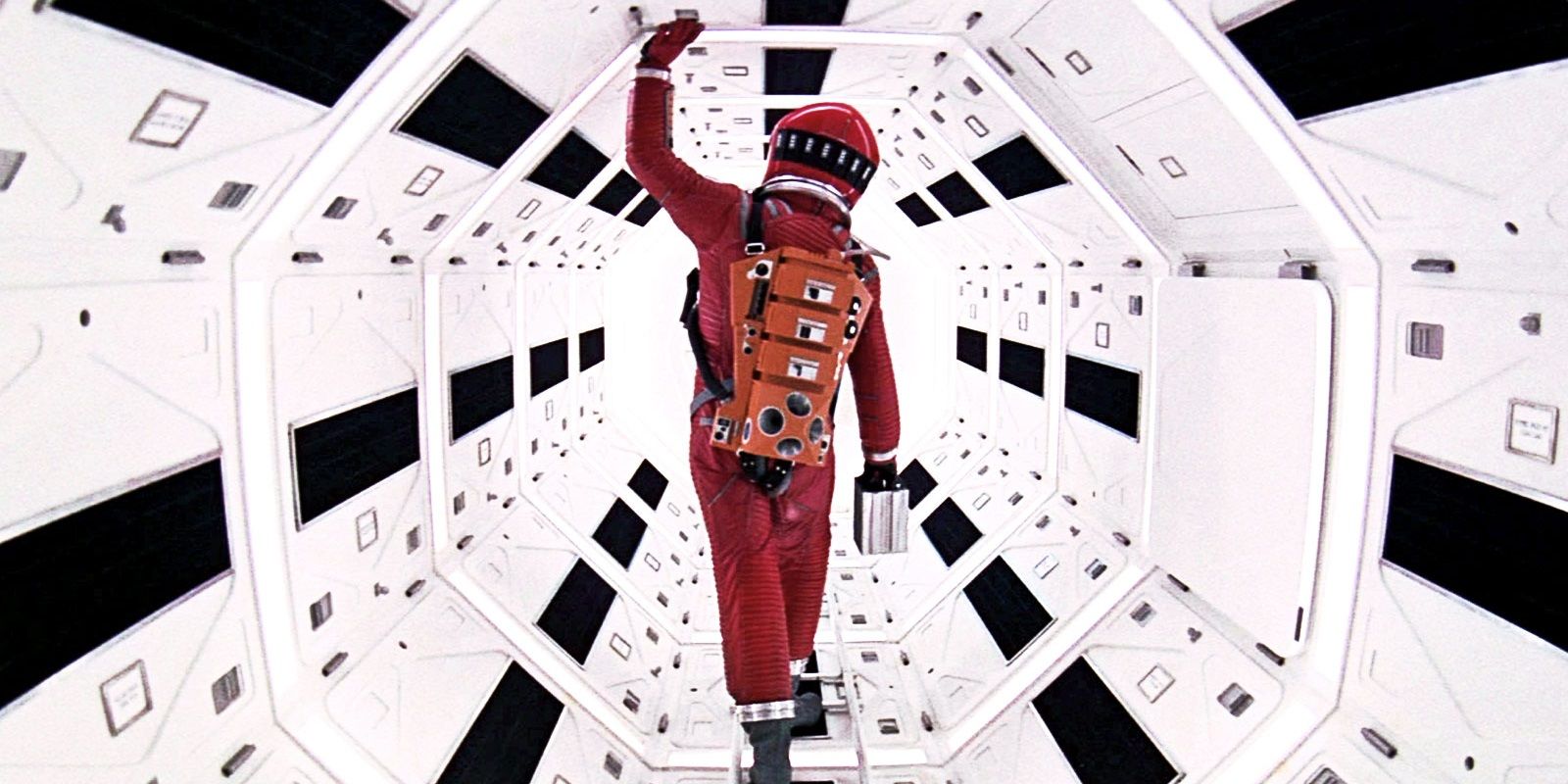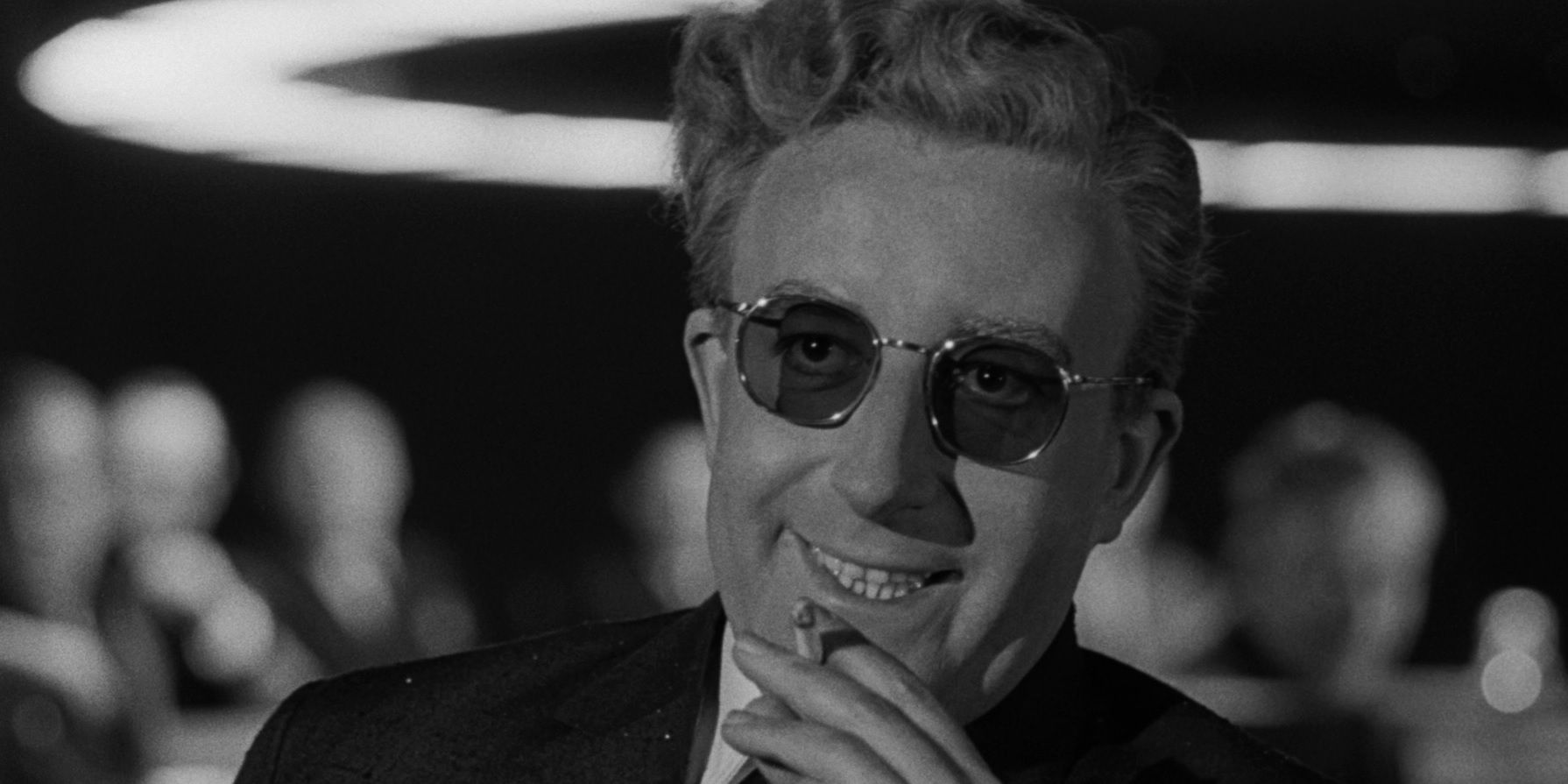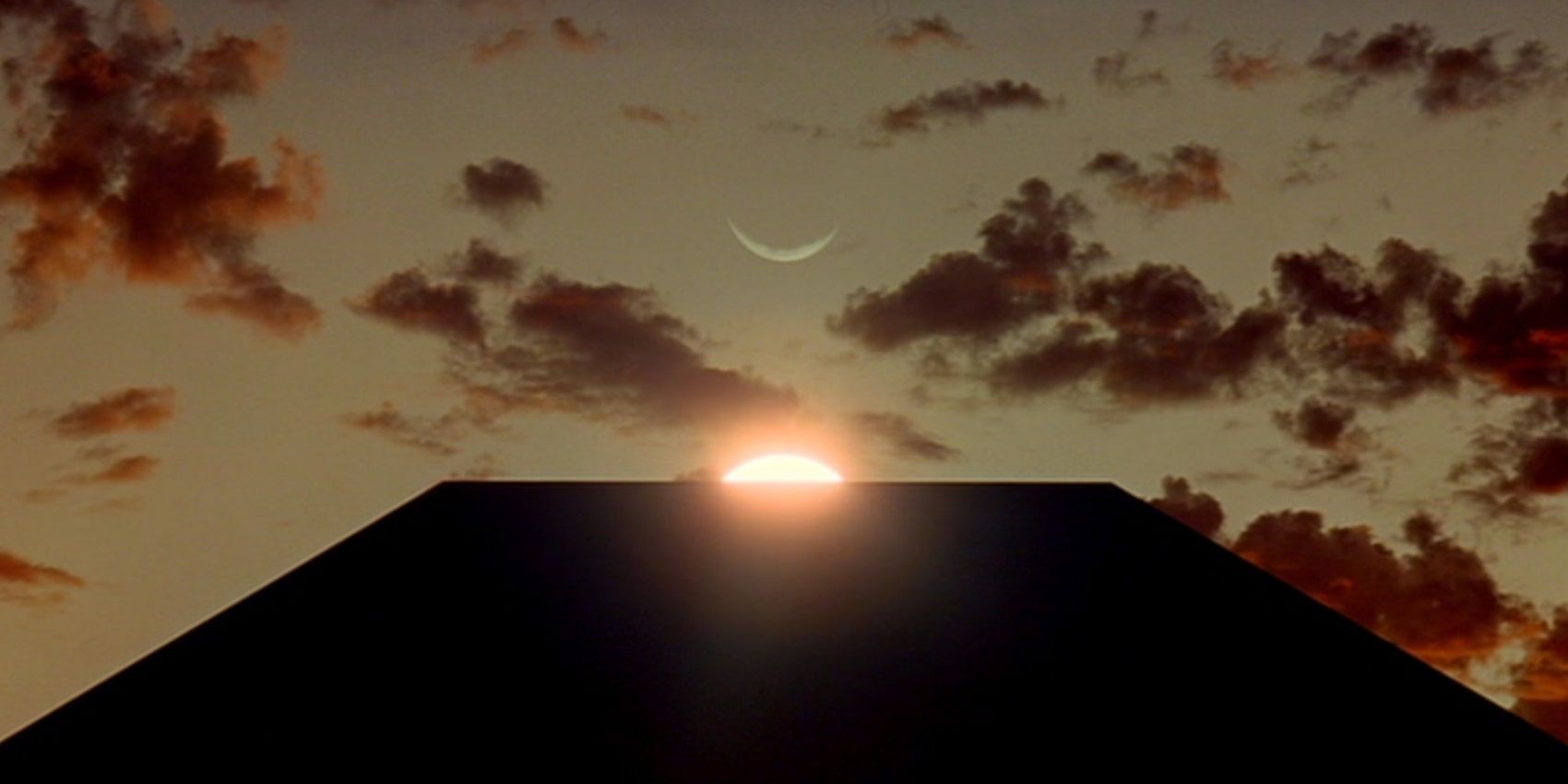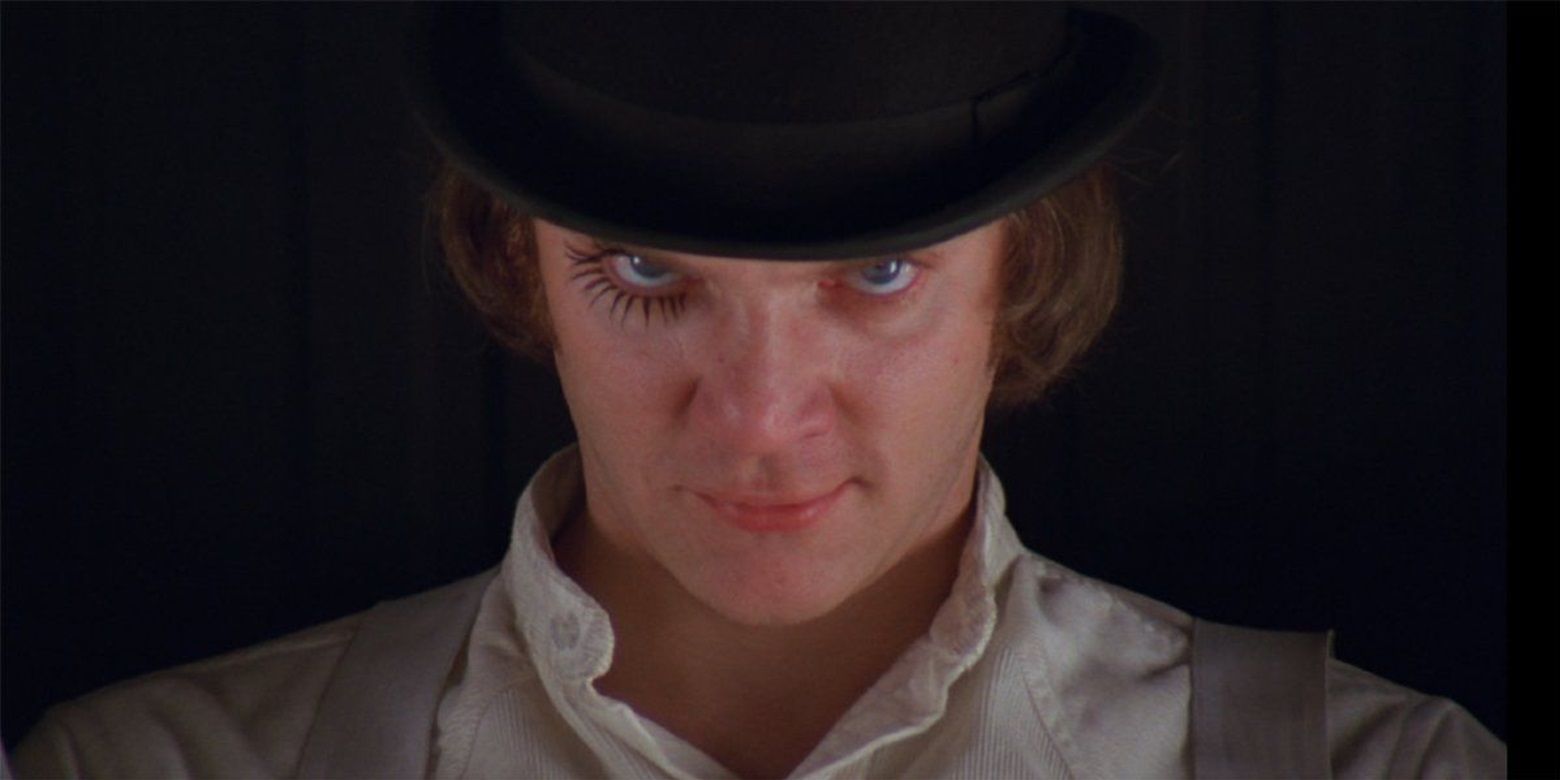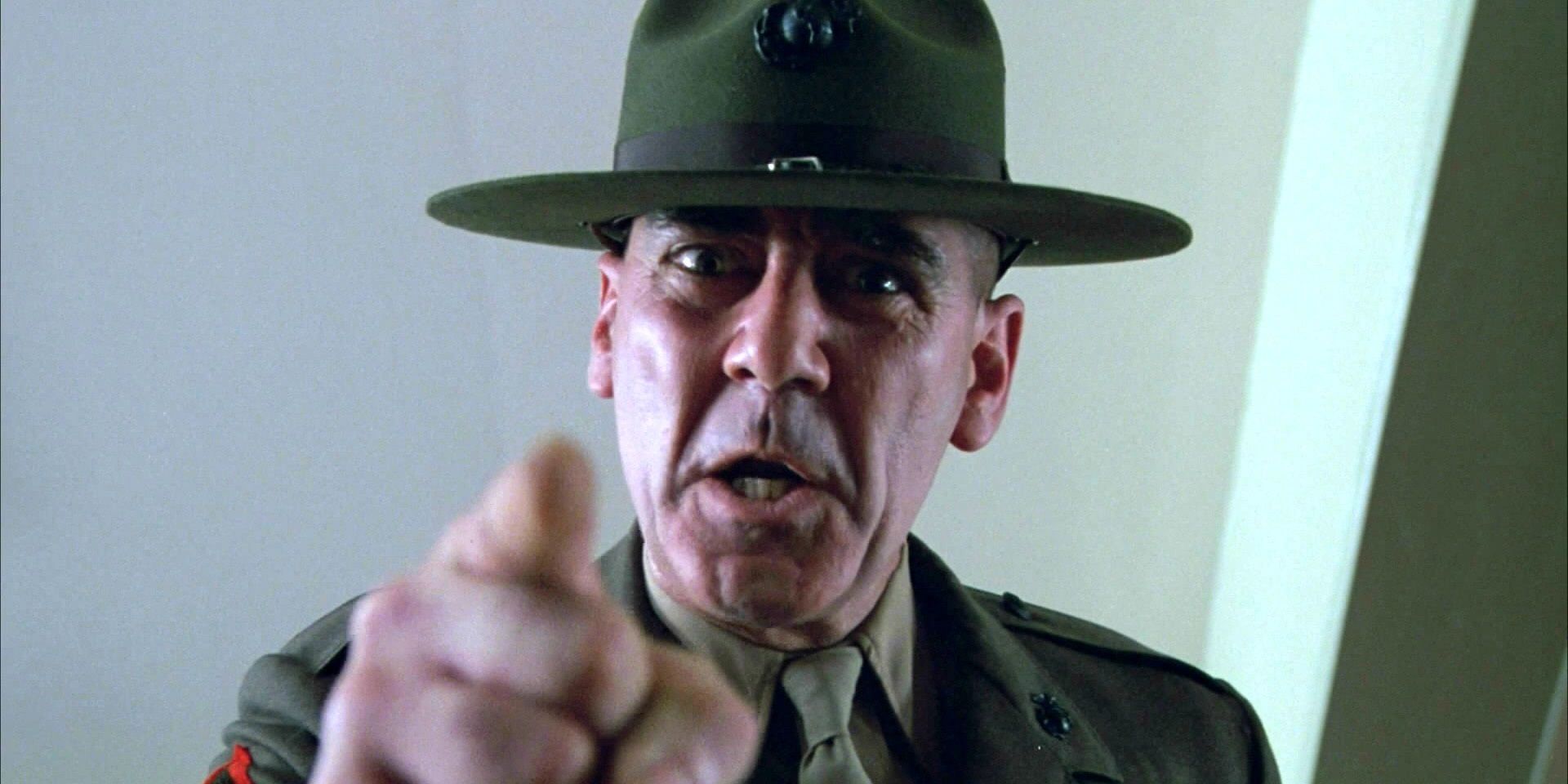Although he’s one of the most celebrated filmmakers who ever lived, Stanley Kubrick never received an Academy Award for Best Director. Kubrick joined Orson Welles, Alfred Hitchcock, and Ingmar Bergman in the exclusive club of directors who have been praised as trailblazers in their field but were never honored by the Academy for their directorial talent. Throughout his career, Kubrick made many great movies that would go on to feature on 'AFI's 100 Years...100 Movies'. But, sadly, every chance the Academy had to give Kubrick a Best Director award, they ended up giving it to someone else.
Known for his signature blend of dark humor, mind-bending imagery, and profound themes, Kubrick helmed some of the most acclaimed films in cinema history. From the political satire of Dr. Strangelove to the spacefaring surreality of 2001: A Space Odyssey to the unsettling terror of The Shining, Kubrick was a master of many genres and styles. The Academy recognized the greatness of Kubrick’s work with Best Director nominations, but he never took home the trophy. Some of his best movies, like The Killing and Paths of Glory, didn’t even get a nomination.
1 Dr. Strangelove
Released at the height of the Cold War, Dr. Strangelove made comments about the nuclear arms race by pointing out the absurdity of two nations threatening each other with the prospect of apocalyptic devastation. Its satire of mutually assured destruction was timely when the film arrived in theaters and the world was teetering on the brink of nuclear war (and it’s only gotten more relevant with age). Some of Kubrick’s films received mixed reviews on release before being reappraised over time, but Dr. Strangelove was an instant hit with critics. It’s Kubrick’s highest-rated film on Rotten Tomatoes with a near-perfect score of 98%.
The Academy usually overlooks comedies, but they made an exception for Dr. Strangelove. Kubrick received his first nomination for Best Director, but lost to George Cukor for the much less cynical My Fair Lady. The other directing nominees included Michael Cacoyannis for Zorba the Greek, Peter Glenville for Becket, and Robert Stevenson for Mary Poppins. Kubrick’s loss for directing Dr. Strangelove was hardly a surprise. My Fair Lady was the clear favorite of the year, while Dr. Strangelove’s incisive political messaging made it the dark horse of the ceremony.
2 2001: A Space Odyssey
According to the Washington Post, Steven Spielberg has described 2001: A Space Odyssey as the “Big Bang” of modern cinema. Kubrick was nothing if not an ambitious filmmaker, and the still-relevant 2001: A Space Odyssey is arguably the most ambitious movie of his career. This interstellar epic takes audiences across the Solar System and charts the entire history of the human race: where humanity came from, how it got where it is, and where it’s going next. The Academy didn’t recognize that ambition with a Best Picture nod, but 2001: A Space Odyssey did receive nominations in a few other categories – including Best Director for Kubrick.
Once again, Kubrick lost to a lavish musical; Carol Reed took home the award for directing Oliver! and Kubrick was disappointed for the second time. The other Best Director nominees included Anthony Harvey for The Lion in Winter, Gillo Pontecorvo for The Battle of Algiers, and Franco Zeffirelli for Romeo and Juliet (one of many). While 2001: A Space Odyssey is now considered a pillar of modern cinema, its Academy Award loss was understandable. The Academy has never been particularly fond of science fiction films, and it does have a soft spot for musicals and period pieces (of which Oliver! is both).
3 A Clockwork Orange
Kubrick turned Anthony Burgess’ dystopian novel A Clockwork Orange into one of his most iconic (and most polarizing) movies. It tells the story of a young delinquent in the near future, who’s sent to prison and agrees to partake in an experimental rehabilitation program in order to get his sentence reduced. Kubrick used this narrative framework to explore the ups and downs of life under a totalitarian regime. While its extreme violent content was understandably controversial, A Clockwork Orange is certainly a memorable movie that etched itself into the minds of Oscar voters and casual moviegoers.
Kubrick’s Best Director nod was one of four Academy Award nominations received by A Clockwork Orange. Unfortunately, the movie lost all four of its Oscars to The French Connection. Having already missed out on the award twice, there was no “third time lucky” for Kubrick. He lost the Best Director race to William Friedkin for his groundbreaking work on the quintessential New York noir. Both A Clockwork Orange and The French Connection are dark, uncompromising movies about the worst things humanity is capable of, but the latter is slightly more accessible.
4 Barry Lyndon
Most directors have one movie that’s wildly underrated. Quentin Tarantino has Jackie Brown, Martin Scorsese has After Hours, Christopher Nolan has Insomnia, and Stanley Kubrick has Barry Lyndon. Barry Lyndon is a type of movie the Academy loves: a somber, contemplative historical drama with subtle performances and stunning visuals. If it hadn’t been released in the same year as One Flew Over the Cuckoo’s Nest, Barry Lyndon could have been a favorite for headlining categories like Best Picture and Best Director. Barry Lyndon won a few technical categories – Best Cinematography, Best Original Score, Best Costume Design, and Best Art Direction – but no big ones.
Kubrick unsurprisingly lost Best Director to Miloš Forman for his examination of mental health and power dynamics in One Flew Over the Cuckoo’s Nest. Cuckoo’s Nest swept the main categories, winning five Oscars including Best Picture, Best Adapted Screenplay, Best Actor for Jack Nicholson, and Best Actress for Louise Fletcher. This was one of the rare Oscar ceremonies in which every single nominee in the Best Director category was one of the all-time greats; Kubrick and Forman were nominated alongside Robert Altman for Nashville, Federico Fellini for Amarcord, and Sidney Lumet for Dog Day Afternoon.
5 Kubrick's Other Oscar Nominations
Best Director isn’t the only Oscar category that Kubrick was nominated in. Kubrick and his co-writer Arthur C. Clarke received a Best Original Screenplay nod for 2001: A Space Odyssey, but lost to Mel Brooks for The Producers. Kubrick was also nominated for Best Adapted Screenplay four times, but lost all four. Dr. Strangelove (co-written with Terry Southern and Peter George) lost to Becket, A Clockwork Orange lost to The French Connection, Barry Lyndon lost to One Flew Over the Cuckoo’s Nest, and Full Metal Jacket, Kubrick’s Vietnam-set anti-Top Gun (co-written with Michael Herr and Gustav Hasford), lost to The Last Emperor.
Kubrick was also nominated for Best Picture for all of the movies that earned him a Best Director nod (except for 2001: A Space Odyssey) but, sadly, he lost Best Picture to all the same films that beat him to Best Director. Dr. Strangelove lost to My Fair Lady, A Clockwork Orange lost to The French Connection, and Barry Lyndon lost to One Flew Over the Cuckoo’s Nest. Stanley Kubrick didn’t lose every single Oscar he was nominated for. He won Best Special Visual Effects for 2001: A Space Odyssey, marking the only Academy Award victory of his career.

